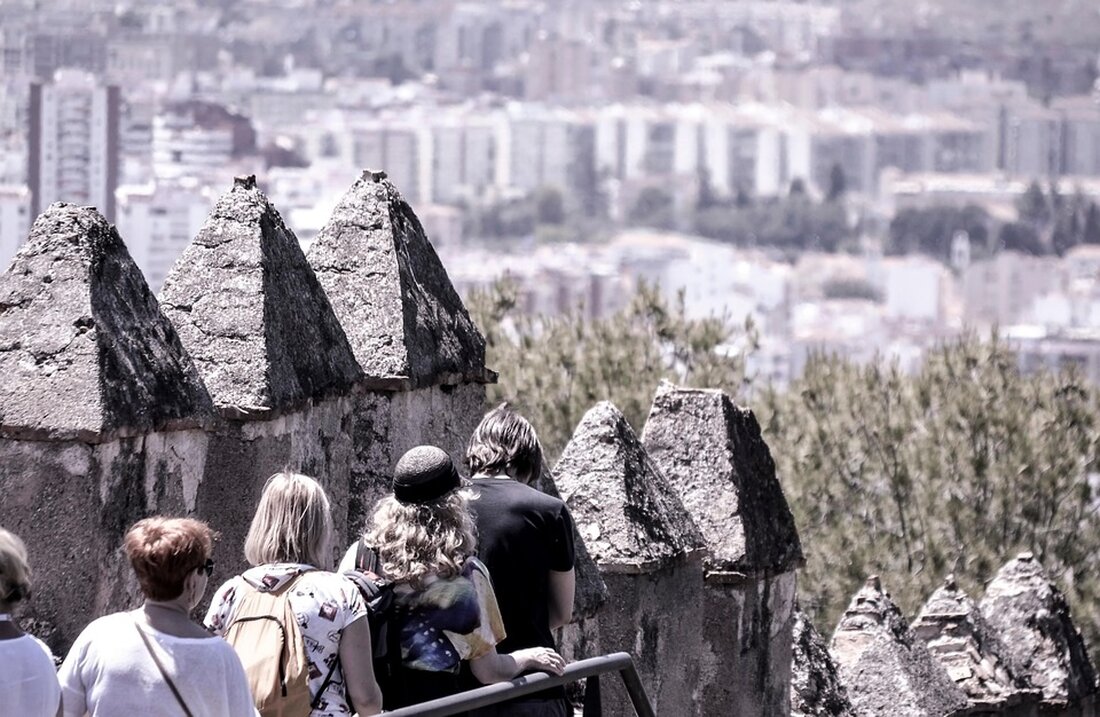Mass tourism in the Canary Islands: protests divide the islands!
Protests against mass tourism in the Canary Islands: Thousands are demanding environmental protection and a sustainable tourism model.

Mass tourism in the Canary Islands: protests divide the islands!
On Sunday, May 19, 2025, protests against mass tourism took place in the Canary Islands. The demonstrations had the motto “Canarias tiene un límite” (“The Canary Islands have a border”) and were initiated simultaneously on several islands at 11 a.m. Despite the large mobilization, government figures put the number of participants at around 23,190 people, while organizers estimated the number of participants at around 90,000, including 300 in Madrid. According to the organizers, around 15,000 people gathered in Tenerife, while the police only registered 9,000.
According to the organizers, 5,000 people took part in Gran Canaria and 2,000 people in Lanzarote. In the other islands such as La Palma, Fuerteventura, La Gomera and El Hierro, the number of participants was less than 1,000. The posters in Tenerife showed slogans such as “Leading in tourism and poverty: the slaves of Europe” and “For a clean sea, no more pollution”. This demonstration was the third of its kind since 2024.
Demands of the demonstrators
The initiators of the protests criticize that politicians are ignoring their demands despite the high turnout. The main concerns include a sustainable change in the tourism model, controlling the number of tourists and stopping illegal construction projects. ATAN's Helena Espinosa highlighted the congestion of the islands, while Felipe Ravina denounced the unchecked population growth and the implementation of illegal projects. The demonstrators demanded the demolition of illegal buildings and a moratorium on hotels and holiday apartments.
Other demands outline various aspects such as a residence law, the expansion of renewable energies, the protection of nature and the introduction of an effective tourist tax. There is also a concern to restore ecosystems, promote food and energy sovereignty and reject large-scale projects.
Background information
Mass tourism has led to a massive increase in visitor numbers to the Canary Islands in recent years, which welcomed around 14 million foreign tourists last year, primarily from Great Britain, Germany and the Netherlands. There were also around 2 million visitors from mainland Spain. While this has significant economic relevance, as the tourism sector accounts for around 35% of the Canary Islands' economic output and provides 40% of jobs, it has also led to social and environmental problems.
The Canary Islands are considered the second poorest autonomous community in Spain, which intensifies debates about mass tourism and its impact on the quality of life of residents. It has been observed that the number of anti-tourism protests across Spain has increased in recent months. The population of the Canary Islands is around 2.2 million, which places the large number of protesters in a clear social context.
Contrary to the organizers' statements, reports from... tenerife news and daily news However, different numbers of participants, which indicates a divergence between police estimates and the organizers' information.

 Suche
Suche
 Mein Konto
Mein Konto